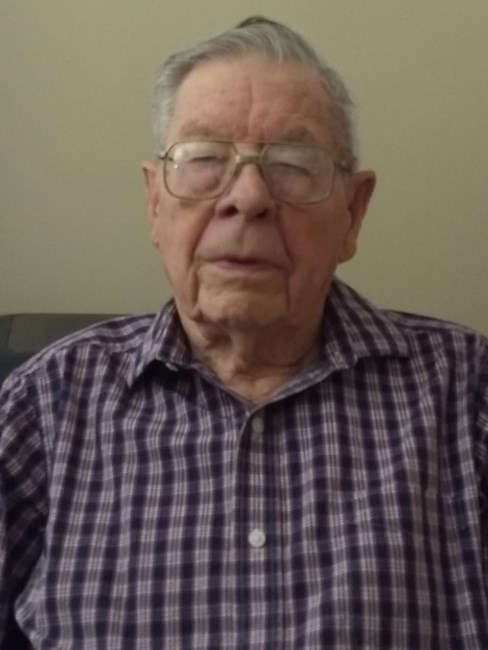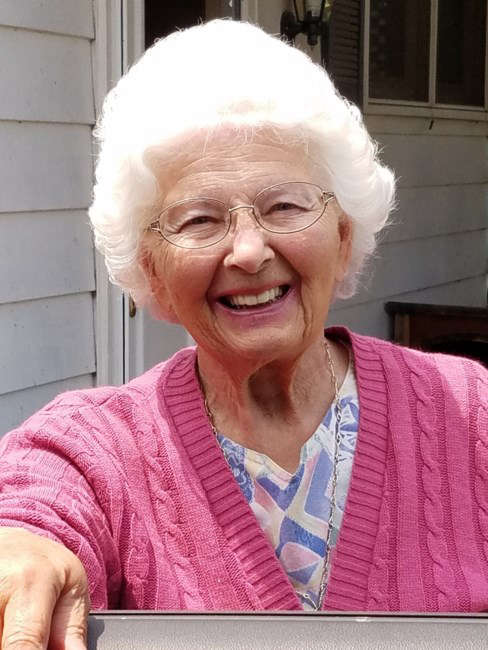.webp)
At times it resembled more of an interrogation or cross examination than a school board meeting, but when the dust settled, the South Putnam School Board voted 4-1 in favor of approving a Memorandum of Understanding with the Putnam County Sheriff's Office for school resource officers for the district.
Board members Lisa Cooper, Joseph Roach, Wade Fanning and Lee Cline all voted in favor of the motion, while board member Hollie Hutcheson did not. Hutcheson's vote came after a lengthy back and forth with Putnam County Sheriff Jerrod Baugh, where Hutcheson grilled Baugh about the cost of the officers.
"I am only declining because it is fiscally irresponsible to not know what those dollars go to. I believe we need an SRO, we may need two. I'm not saying safety is not important, but it is fiscally irresponsible not to have a few more pieces," Hutcheson said immediately after the vote.
While Hutcheson was displeased, South Putnam Superintendent Dr. Corey Smith welcomed the addition of the sheriff's office.
"We already have a great working relationship with the Putnam County Sheriff's Office, so adding the SRO component was the natural next step," Smith told The Putnam County Post.
The measure to go to the sheriff's office came on the heels after the school district did away with the use of the Cloverdale Police Department for school resource officer use.
"We look forward to transitioning from the Cloverdale Police Department SRO to the newly developed SRO interlocal agreement with Putnam County. However, we thank the Town of Cloverdale, Cloverdale Police Department and Cloverdale Community Schools for their shared commitment to student safety and partnership this last school year in developing and understanding the school resource officer role in our schools," Smith said.
Under the new agreement, South Putnam Schools will now have a resource officer on hand for 48 hours a week rather than the previous 20.
While the funding for one to two resource officers will come from a secure schools grant, Hutcheson was concerned about what the hourly rate would be from the department for the district.
"We have not set an hourly rate. We started a contract a year ago with the hospital with similar hours and they are billable hours," Baugh said.
Hutcheson pressed Baugh for a cost.
"If you don't know what you are going to pay them, how can we have a dollar figure," Hutcheson asked.
Baugh said he knows because he has an idea of what he can work with. In addition, he said whatever wasn't used for pay would then be used to put towards equipment related to the duties of the job. He said for example, if he has $40 to use and he only uses $30 to pay officers, he would take that $10 each time and put it towards various equipment or training as needed.
Hutcheson told the board she spoke with the Vermillion County Sheriff's Department, who told her they do a 1099 contract direct to a school employee.
"They use a county vehicle and make $30 an hour. I am wondering if we looked at that avenue as that will save schools money and get the same thing," she asked.
That prompted Baugh to ask who would she work with in the district, and Hutcheson asked if reserve deputies would be used as school resource officers.
"Nope, special deputies. I hope to get some retired deputies. They will have, at minimum, a basic 40-hour class, attend the SRO academy and we will continue to train them in physical tactics. I set the training for each one. I would look at each special deputy position and make the training myself," Baugh said.
Hutcheson asked Baugh is he was "renaming" the deputies.
"No. I can't pay reserves, but I can pay special deputies," Baugh said, adding he was thinking of bringing on two part time employees for the role and that he has two that are already interested.
The debate continued after Baugh said he may have a merit deputy fill in if a school resource officer had to be out for whatever reason.
"Would they know the rules? School is a little different than the general public. Do you feel comfortable sticking someone in here that hasn't had that kind of training," Hutcheson asked Baugh.
Baugh said that while the officer who was filling in may not know the school district's policies, they would get taught how to do the job, as well as know the legal ramifications of due process.
"I do. It is a heck of a balancing act. It is a concern, but one that can be addressed with proper supervision," Baugh said.
Baugh said it was his full intention to ensure that only two people take the agreed upon 48 hours.
"If we have to fill those positions with someone else, it will only because of sickness or training. I don't want to put a jailer out here. It's not what is going to happen. We are going to more than double the face time you have with a uniformed officer on South Putnam property," Baugh said.
Baugh's last sentence was something that stuck out to Smith.
"I am very excited to increase our SRO coverage by 240 percent from 20 to 48 hours per week with the Putnam County Sheriff's Office. All parties have worked for many months to create the most logical plan to coordinate the SRO officers and the interlocal agreement to ensure our students and staff have the best SRO coverage possible that aligns fiscally with our annual secured school safety grant parameters," Smith said.
Hutcheson went back to the cost towards the district, stating her biggest concern with signing the contract was her belief the district had an "arbitrary number."
"We don't know what we are paying, what the improved equipment they don't currently have is going to cost and the school corporation is paying all the lodging, fees, etc. What is going to what is what I want to see," she said.
Cooper, the board president, reminded Hutcheson the equipment cost is part of the hourly fee that will be charged. That only caused Hutcheson to dig in deeper, asking Baugh again what the difference would be.
"There is no way to know. What we are doing is creating an hourly service for an individual. I know that will cover it, but we need to cover the costs," Baugh said.
Hutcheson again asked.
"LIke you said, you don't even know what you are paying the people. I am not asking for an exact. I am asking for an idea. You have an idea of what you are going to pay them. Our job is financial and policy. How do I make a decision when I don't have all the numbers?," Hutcheson said.


 Ray Allison named next executive director of the Indiana State Fair Commission
Ray Allison named next executive director of the Indiana State Fair Commission
 INvestABLE Indiana announces expanded eligibility criteria beginning January 1
INvestABLE Indiana announces expanded eligibility criteria beginning January 1
 Governor Braun announces record year for Indiana tourism
Governor Braun announces record year for Indiana tourism
 Indiana advances coal ash permitting program
Indiana advances coal ash permitting program
 Indiana's state parks offer New Years Day events
Indiana's state parks offer New Years Day events
 DNR receives regional award for project on former mine land near Pleasantville
DNR receives regional award for project on former mine land near Pleasantville
 Cloverdale continues to chase light at the end of the tunnel with CSX
Cloverdale continues to chase light at the end of the tunnel with CSX




